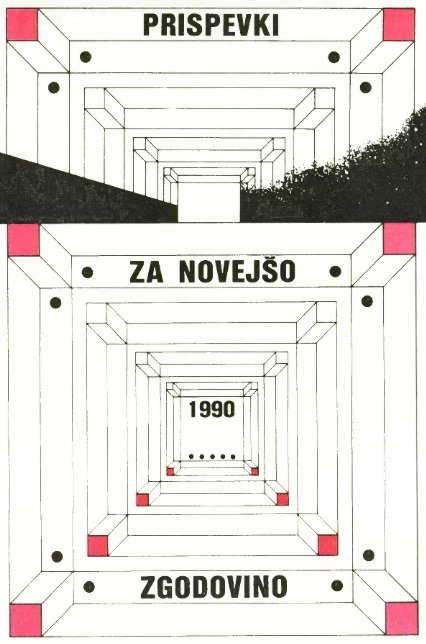Nemški liberalizem in vprašanje naroda ter državne ureditve. Primerjava 2 Jugoslavijo v dvajsetih letih
The German Liberalism and the Issue of a Nation as Well as a State System a Comparison with Yugoslavia in 1920s
Author(s): Jurij PerovšekSubject(s): Political history, Government/Political systems, Comparative politics, Interwar Period (1920 - 1939), Sociology of Politics, Politics and Identity
Published by: Inštitut za novejšo zgodovino
Keywords: Liberalism; Germany; Yugoslavia; 1920s; political history; issue of nation; national unitarianism; comparison;
Summary/Abstract: The author compares the national-political theory and practice as they have been shaped by the German and the Yugoslav liberalisms in the 1920s concerning the issue of a nation. He establishes that the two liberal political concepts supported state- centralism as well as national unitarianism; the German liberalism considered the abolition of the former Prussian domination within the German state to be the'genuine trait of centralism, while the centralist orientation advocated by the Yugoslav liberalism implied support to Serbia's monarchist hegemony. The autor emphasises that accepting a non- existing national unitarianism, the Yugoslav liberal circles turned out to be a political force that avoided the issue of a nation quite on purpose.
Journal: Prispevki za novejšo zgodovino (before 1960: Prispevki za zgodovino delavskega gibanja)
- Issue Year: 30/1990
- Issue No: 1-2
- Page Range: 39-47
- Page Count: 9
- Language: Slovenian

